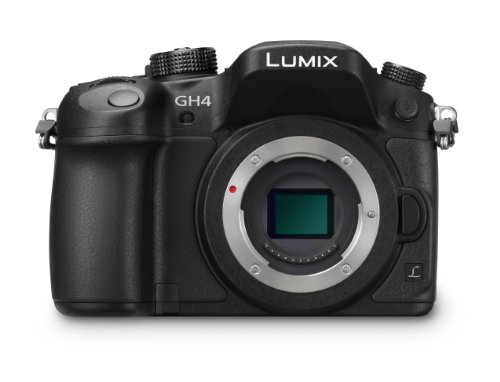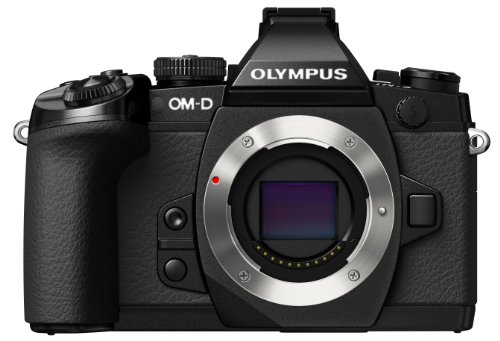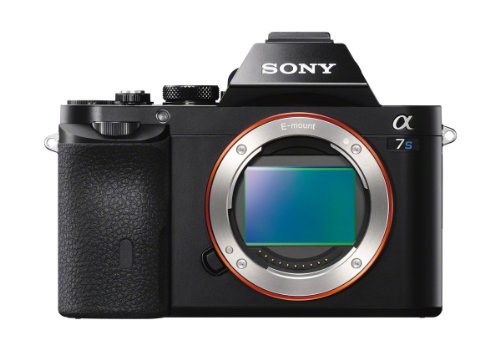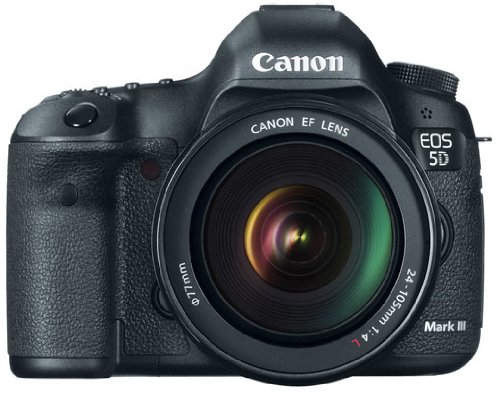Mirroless Madness and the Future of the DSLR

Left to Right...
Olympus OMD-EM1 | Canon 5D Mark III | Panasonic Lumix GH4
Mirrorless cameras may be the disruptive technology that writes the next chapter in photographic history...
Mirrorless cameras are all the buzz right now, with several blogs touting that they just may be the end of DSLR's. No one knows for sure if this modern craze will last, because like all technology, everybody is waiting to see if mirrorless technology will be just a fad, or the next wave of disruptive game changing technology.
Our Attachment to The Mirror...
Mirror based optical viewfinder cameras have been around for so long that they offer a sense of nostalgia... There is nothing like the sound of an organic shutter that makes you feel like you're a professional photographer. Mine goes way back to my very first camera, which was an Olympus OM1. Subsequently following I've owned, and enjoyed experiences with a Canon AE1, Canon F1, Yashica 645 Twin Lens Reflex, Nikon FG, Nikon F100, Bronica 645, too many Hasselblads to mention, a Nikon D90, Kodak 460, Kodak 760, Nikon D1, Nikon D1x, Canon 1D Mark II, Canon 1Ds Mark II, Canon 5D Mark III, Canon 5D Mark II, Canon 5D Mark III... I am sure something is missing here, but the point is, each and every one of these systems had "a sound unique to itself." Part of the charm of owning these cameras were that the shutter, and wide range of unique viewfinders offered more than a way to capture and compose images. Rather each still camera offered a feeling reminiscent of a song that puts you in a place and time...
Mad Scientist Be Gone...
Optical viewfinders, in the film days required photographers to fully understand the camera in order to create predictable results. There was sort of a "mad scientist" art to photography in which master magicians were able to somehow create spectacular photographs which few could understand or capture. Even for those with their 10,000 hours of expertise in, it was suspenseful, and the results could vary wildly dependent upon how the film was processed. It was a great time in photography, and it was among the best times to be a professional artist. Today many photographers are still clinging to film, and just hate to let it go. Personally I hate to let it go myself. If I could turn back the clock and keep that mystified experience alive I would. The hours I put in both behind the camera, and in the darkroom, were some of my best. However at this point film is like an old friend that has reached the end of his life, it hurts to see them go, but it's their time.
Digital Photography's Expose and the DSLR...
We were among the first to adopt the digital DSLR mentality when we purchased the Kodak 460 digital camera. Back then you had one ISO of 80, no RAW exposure corrections, and no screen on the back. It was a studio camera for the most part because you needed lots of light, and had to be perfect in exposure or the results equalled an unsalable product. But, it too came with a feeling built in. There was something magical about marrying photography and a computer. The gratification wasn't instant, but it was just a few clicks away on the computer. It's part of what revolutionized our business, and sent us soaring to the top of the industry. For a few years, while competitors held onto film complaining every breath about the digital camera invention, we were growing leaps and bounds. The future was here, and as with all technology it offered exciting possibilities.
The Digital Explosion...
When Nikon introduced the D1x, our entire world changed as professionals. It was a low light king allowing us to capture clean images at ISO400-800 opening up the doors to digital wedding photography. The bandwagon was filling up, and other photographers were starting to realize that digital photography meant good business. The evolution war was on, and each camera from there forward built in features that offered photographers several reasons that made upgrading make sense. Camera manufacturers like Canon and Nikon realized that DSLR's were good business as well and capitalized on this exciting time. They all but declared an all out creative invention war, and photographers were benefiting every step of the way.
Still Motion Evolution...
When Nikon unveiled that their D90 stills camera could shoot video, and subsequently the Canon 5D Mark II could as well, the entire world's eyes lit up. The quality of video the cameras produced was good enough for Hollywood, placing motion picture in the hands of a wide range of talented artists skilled at composition, and camera settings. Filmmakers and video artists began purchasing still cameras instead of video cameras as they offered a better picture than the traditional video camera could. A new wave in photography was rising, and it has yet to reach it's peak.
The Mirrorless Movement
The next wave in photography, and video is now building. The mirrorless concept, which replaces an optical viewfinder with a high definition electronic one offers several distinct advantages. Mirrorless offers instant gratification at the point of capture. Since you can see exact exposure and color prior to hitting record, or pressing the shutter button it simplifies the process of image making.
Where it falls short is that it erases that unique sound and feeling that comes with a traditional shutter leaving that nostalgia behind. There are a lot of photographers who enjoy that experience, and it's partly why adoption of mirrorless cameras has lagged somewhat until now. The up side is that some mirrorless systems offer an electronic shutter option making the camera literally silent in operation, which is ideal for weddings and filming on set of a movie or tv show.
My first experience with a quality mirrorless system came when a good friend introduced me to the Olympus OMD-EM1. He raved about the compact size of the camera and lenses. Once he shared some 40x60 inch prints on canvas that were of remarkable quality, I decided that I had to have one. I'm a little late to the mirrorless game compared to some, but after working with the Olympus for several months now, I am starting to shake that feeling I've been holding on to and replacing it with a new excitement for what a mirrorless viewfinder offers me. It seems I am not alone either. The more I research it and talked with other pros, the more I've come to realize that there are many passionate experts about the idea that these cameras may just be a DSLR killer at some point.
Since my adventure into mirrorless cameras I also recently picked up two Panasonic Lumix GH4 cameras as well, and have sold off several DSLR's, and even my Canon C100, which is a larger format video camera that produces beautiful quality. Having been photographing and filming on the GH4 now for several months, I am becoming more convinced by the day that the DSLR won't have a place in my camera bag for much longer. There is genius that comes with the compact size of mirrorless systems for both still photography and 4K motion picture capture, and I intend to continue to follow my heart in the direction that fits my workflow best. At the moment, I can't find a reason to own a traditional or modern video camera like a C100, and the benefits that mirrorless offers makes me realize that there is no reason to hold on to a DSLR either. Looks like I have become a part of the Mirrorless Madness revolution myself.
With Photokina, and the Photo Plus Expo around the corner, the professional world is anxious to see what Canon and Nikon will do next, and whether they will join the mirrorless craze. Digital DSLR sales are at an all time low, while mirrorless camera sales are ramping up with Panasonic, Sony, and Olympus leading the way. The next year in camera technology looks to be an interesting one to say the least.
Feelings are hard to suppress. So, it's hard to admit when you find something new you like, when "that feeling" you are addicted to and nostalgia you enjoy pulls at your heart strings. But, for me I know it's time to let that old friend, the DSLR, go along with film. At least for me, the DSLR's time has come.
Have you switched over to mirrorless systems, or are you still addicted to the mirror? Is this the future of photography and video? Weigh in and share your perspective.





